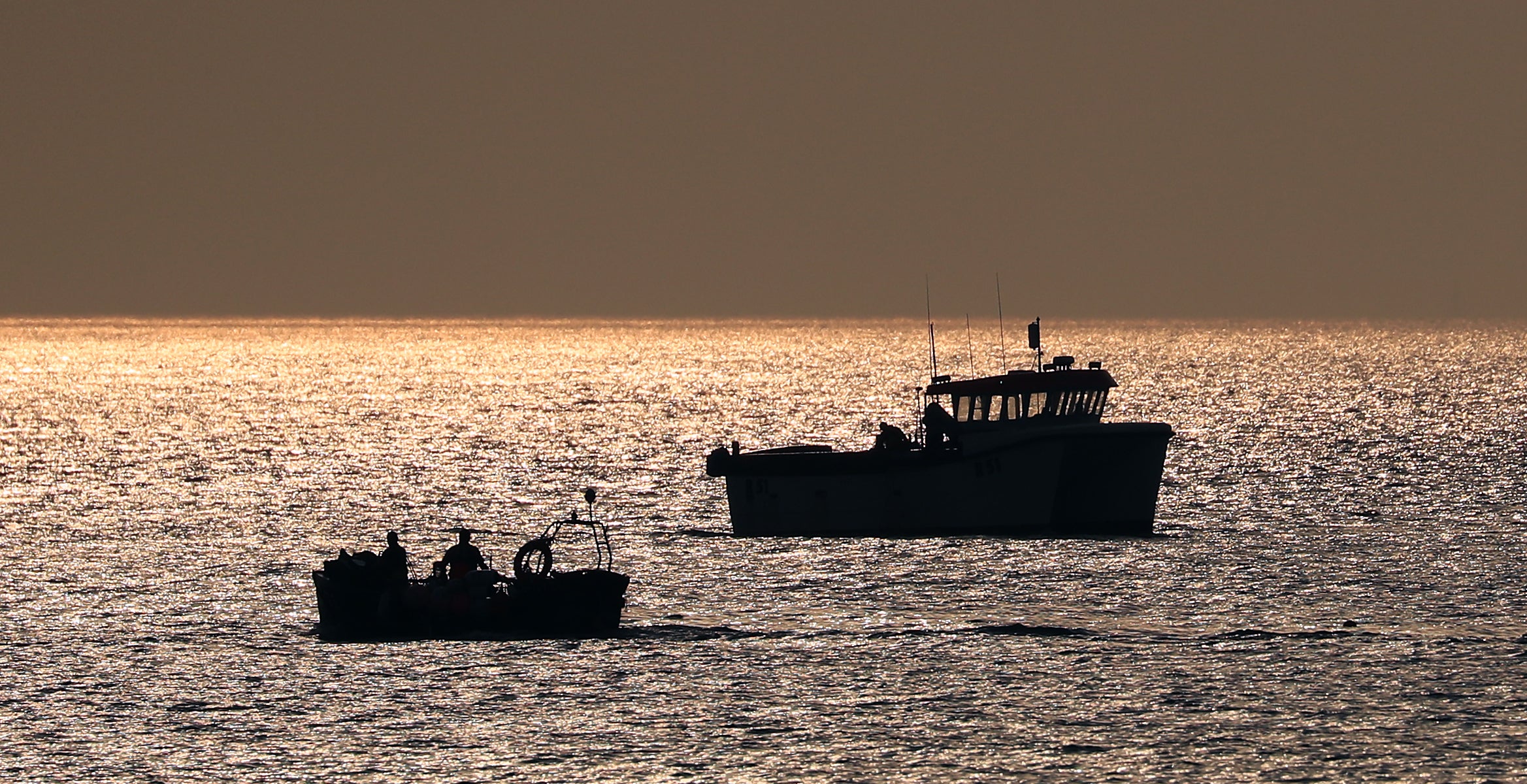Fishermen: We need help with fuel costs so fleet can keep feeding the nation
The Shetland Fishermen’s Association warned that without action boats could be forced to remain tied up – impacting UK food supplies.

Your support helps us to tell the story
From reproductive rights to climate change to Big Tech, The Independent is on the ground when the story is developing. Whether it's investigating the financials of Elon Musk's pro-Trump PAC or producing our latest documentary, 'The A Word', which shines a light on the American women fighting for reproductive rights, we know how important it is to parse out the facts from the messaging.
At such a critical moment in US history, we need reporters on the ground. Your donation allows us to keep sending journalists to speak to both sides of the story.
The Independent is trusted by Americans across the entire political spectrum. And unlike many other quality news outlets, we choose not to lock Americans out of our reporting and analysis with paywalls. We believe quality journalism should be available to everyone, paid for by those who can afford it.
Your support makes all the difference.Fishermen in Shetland, who fear rising fuel prices could force them to tie up their boats, are calling for help from the Government – warning that without action the UK’s food supply could be impacted.
Daniel Lawson of the Shetland Fishermen’s Association (SFA) urged ministers to “help our fishing fleet keep feeding the nation”.
The SFA issued a plea for help as it said the war in Ukraine had seen the cost of marine diesel in the islands more than double in comparison to last year.
And Mr Lawson said: “While Shetland boats struggle on, they see governments elsewhere take action to help an industry that is clearly valued.”
Already in Shetland we’ve seen crews forced to consider tying up, taking wage cuts, or being let go altogether until vessels become viable again
SFA chair, James Anderson, the skipper of the Alison Kay, said rising fuel costs meant some crews were considering not going to sea, while others were taking wage cuts or releasing crew members.
The organisation contrasted this situation with France, where fishermen can benefit from a government subsidy that helps with the cost of fuel, and Spain where the government has pledged to lower taxes at state-run ports, and is offering low interest loans to help fishing boats remain viable.
With almost 50,000 tonnes of fish and shellfish being landed in Shetland last year, Mr Lawson said: “The knock-on effects of Shetland’s fishing fleet being forced to tie up would be a hammer blow to the economy of our islands, the wider supply chain, and to the nation’s entire food supply – with more fish landed here every year than in England, Wales and Northern Ireland combined.
“Ministers need to take notice, and action, now, to help our fishing fleet keep feeding the nation.”
Mr Anderson said: “War puts things in perspective, and every household and industry across the UK is feeling the strain of rapidly rising fuel bills, but our governments need to be aware that boats have been struggling – and that we can’t keep fishing for long in the current climate.
“Already in Shetland we’ve seen crews forced to consider tying up, taking wage cuts, or being let go altogether until vessels become viable again.
“That won’t happen soon without a show of support for our industry, as other countries have chosen to do.”